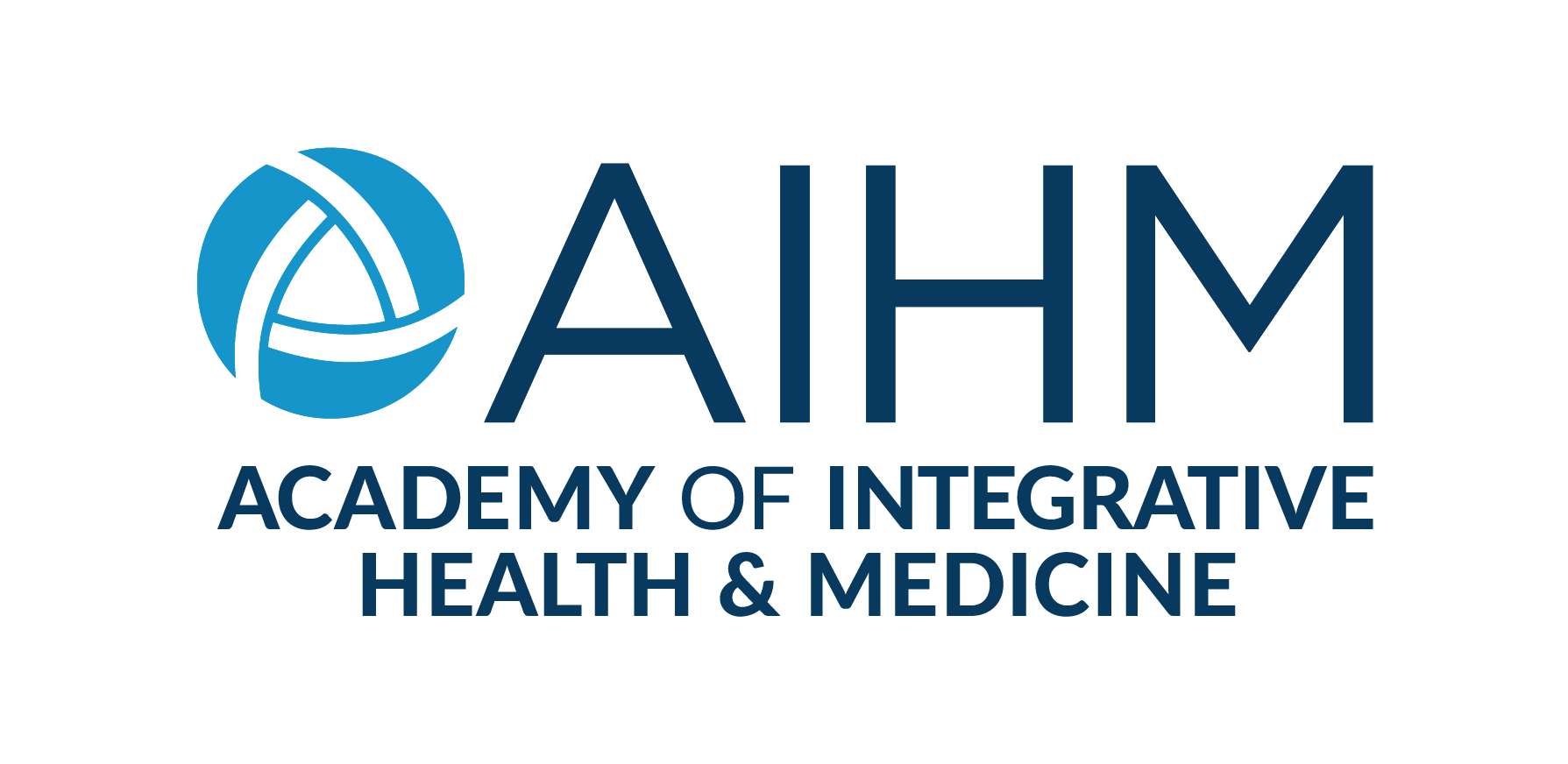Academy of Integrative Health and Medicine Announces Best Integrative Health Research Awards
(LA JOLLA, Calif. – Dec. 23, 2021) — The Academy of Integrative Health and Medicine (AIHM) has announced the winners of its annual Best Integrative Health Research of the Year awards.
Submissions were received on a wide variety of topics, including naturopathic medicine, chiropractic medicine, holistic nursing, mind-body research, acupuncture, consciousness and spirit, public health, and policy related to integrative health and medicine, as well as other relevant topics. Three professionals and three students were honored.
Professional Winners
First place was awarded to James Whedon, DC, director of health services research for Southern California University of Health Sciences, for research on the “Association Between Cervical Artery Dissection and Spinal Manipulative Therapy Among Medicare Beneficiaries.” His research analyzed nine years of medical claims data of patients aged 65 and older seeking care for neck pain. He said the study found that “the odds of a patient receiving cervical spine manipulation compared to an office visit or evaluation in management did not significantly differ among any of the control groups.” Whedon’s study is the most exhaustive and rigorous of its kind.
Second place winner Dugald Seely, ND, executive director for the Patterson Institute of Integrative Oncology Research at Canadian College of Naturopathic Medicine, studied “Adjuvant Melatonin for the Prevention of Recurrence and Mortality Following Lung Cancer Resection.” Seely’s research suggests adjuvant melatonin may offer some benefit to patients with late-stage disease but more follow-up is recommended.
Third place was awarded to Michelle Sexton, ND, assistant adjunct professor, anesthesiology, at University of California San Diego, for research on the “Transcriptional Changes in Patients with Chronic Neuropathic Pain: A Pilot Study,” which looked at the molecular mechanisms associated with chronic pain and its treatment.
Student Winners
In the student category, first place was awarded to Jae Hwa (Sarah) Park of Bastyr University for “A Review of Topical Bakuchiol for the Treatment of Photoaging: Clinical Efficacy, Tolerability and Safety.” Topical Bakuchiol showed great promise as an effective cosmeceutical agent for the treatment of photoaging, demonstrating comparable results to retinol with no significant differences between the two. Bakuchiol appeared to have fewer side effects than retinol.
Second place was awarded to Nikol Wells of Bastyr University who researched the “Differential Cytotoxic and TNF-modulatory Actions of Distinct Fomitopsis Cajanderi Extracts in Jurkat and U-937 Human Cancer Cells.” Wells found certain concentrations of the mushroom extracts are potentially cytotoxic to some cancer cells.
Third Place winner Jamie Kuljis, DC Candidate, of Southern California University of Health Sciences studied the “Treatment of Irritable Bowel Syndrome (IBS) and Associated Atrial Fibrillation Through Acupuncture and Chinese Medicine.” Kuljis found that a combination of acupuncture, moxa and Chinese herbal medicine may be helpful in reducing IBS symptoms. In turn, the reduction of IBS symptoms may help reduce symptoms of atrial fibrillation.
“Congratulations to these winners and everyone who submitted their research,” said AIHM Executive Director Tabatha Parker, ND. “We are grateful to the global community for the contributions and robust research that advances the field of integrative health and medicine.”
About AIHM
Founded in 1978, the Academy of Integrative Health and Medicine (AIHM) is the leading interprofessional organization for traditional, complementary and integrative health practitioners worldwide. In 2001, AIHM merged with the Academic Collaborative of Integrative Health (ACIH). Together, they are working to advance integrative health on a global scale and transform health and wellness through education, leadership, collaboration, research and advocacy. For more information, visit aihm.org or follow @aihmglobal on Facebook, Instagram, and Twitter.



